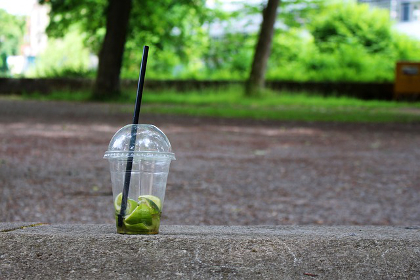
Would You Like Some Food with Your Plasticizers?
Phthalates are widely used chemicals that make plastics more flexible. Products such as your shower curtain, food packaging, vinyl gloves and vinyl flooring contain phthalates. These chemicals are also in your household cleaners, cosmetics and personal care products.
October 19, 2016 | Source: Mercola | by Dr. Joseph Mercola
Phthalates are widely used chemicals that make plastics more flexible. Products such as your shower curtain, food packaging, vinyl gloves and vinyl flooring contain phthalates. These chemicals are also in your household cleaners, cosmetics and personal care products.
Although phthalates help plastics to be more durable and flexible, they are not strongly bound to the product, so with heat and use, they leach out and dissipate into your environment.
Have you noticed how your flexible plastics can get harder and more brittle over time? That's because the plasticizer, or phthalates, is continuously released, changing the chemical composition of the product.
The Centers for Disease Control and Prevention (CDC) acknowledges that your risk of exposure comes from eating and drinking foods exposed to plastics and breathing phthalate in dust particles.
In fact, phthalates are so common that researchers have found metabolites of phthalates in the general population and consider exposure to people living in the U.S. widespread.1
At the urging of the U.S. Product Safety Commission, American manufacturers have not put phthalates in children's pacifiers, soft rattles and teething toys since 1999.2
Phthalates are "reasonably considered to be a human carcinogen" by the National Toxicology Program (NTP), but continue to be used in many products you use every day.3
